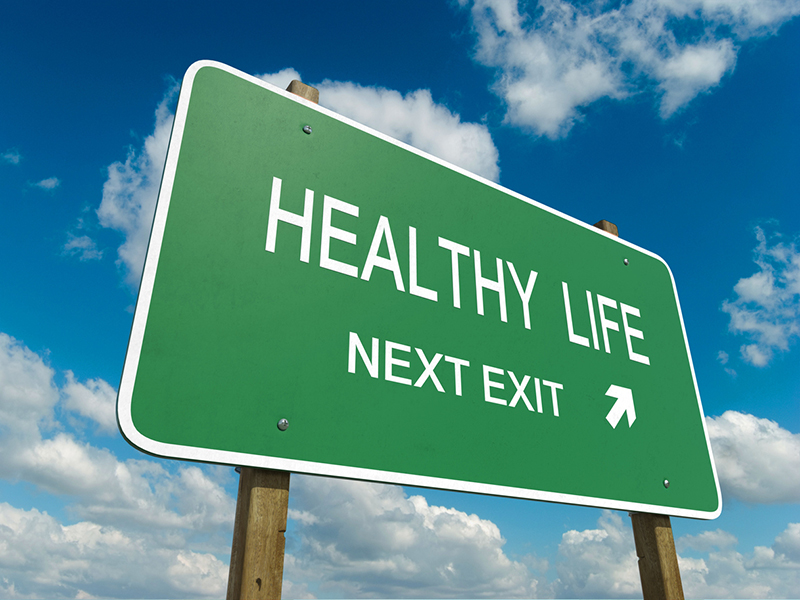If you’ve smoked for years, you may wonder if quitting now will really help. The answer is absolutely yes.
Your body begins healing almost immediately after your last cigarette, improving circulation, oxygen levels, and lung health within hours. Over time, quitting smoking dramatically reduces your risk of lung cancer, heart disease, and stroke.
Here’s what happens to your body when you quit smoking—and how you can stay smoke-free for life.
20 Minutes After Quitting: Your Heart and Circulation Respond
Just 20 minutes after your final cigarette, your heart rate and blood pressure start to return to normal. Blood flow improves, and your hands and feet may feel warmer as circulation increases.
8–12 Hours: Oxygen Levels Improve
Within half a day, the level of carbon monoxide in your blood drops significantly, allowing oxygen to reach your heart, muscles, and brain more effectively.
You may notice your first nicotine cravings around this time. They usually last only a few minutes. Try deep breathing, drinking water, or taking a short walk until they pass.
1–2 Days: Nicotine Clears Out
After one full day without smoking, your risk of heart attack already starts to drop. Within 48 hours, nicotine leaves your system completely. Your sense of taste and smell begin to sharpen as damaged nerve endings start to recover.
This can be the hardest phase for withdrawal symptoms like irritability or restlessness. Reach out for support through the National Cancer Institute Quitline (1-877-44U-QUIT) or the Arizona Smokers’ Helpline (1-800-55-66-222).
3 Days: Breathing Becomes Easier
By day three, your lungs start to work more efficiently, and you may find it easier to breathe or exercise.
2 Weeks to 3 Months: Strength Returns
Your lung function continues to improve, circulation gets stronger, and physical activity feels easier. This period brings major progress—the hardest withdrawal symptoms are behind you, and your heart attack risk continues to fall.
3 to 9 Months: Lung Health Rebuilds
As your lungs heal, you may cough less, or more productively, as your body clears mucus and toxins. You’ll likely have more energy, fewer colds, and better breathing.
1 Year: Your Heart Thanks You
After one year smoke-free, your risk of coronary heart disease is about half that of someone who still smokes.
5 to 10 Years: Lower Cancer and Stroke Risks
By year five, your risk of stroke drops significantly. After ten years, your risk of dying from lung cancer is about half that of a continuing smoker. Your chances of developing cancers of the mouth, throat, and bladder also decrease.
15 Years: Heart Disease Risk Nearly Normal
Fifteen years after quitting, your risk of coronary heart disease is close to that of a lifelong non-smoker. Your body has done incredible healing work—step by step.
Quitting After a Cancer Diagnosis Still Helps
If you’ve been diagnosed with cancer, quitting can still improve your outcomes. Patients who quit after diagnosis often respond better to treatment and experience fewer complications.
At Arizona Oncology, we can connect you with personalized smoking cessation programs, behavioral counseling, and medications to help you quit for good.
FAQs About Quitting Smoking
Q: What if I only smoke socially?
A: Even occasional smoking can harm your heart and lungs. There’s no safe level of tobacco use. The good news? Your body starts healing as soon as you quit completely.
Q: Is there screening for lung cancer?
A: Yes. A low-dose CT (LDCT) scan can detect lung cancer early, when treatment is most effective. If you are between 50 and 80 years old, have a 20-pack-year smoking history, and currently smoke or quit within the last 15 years, ask your provider about LDCT screening.
Learn more about lung cancerat Arizona Oncology.
Q: What is the best way to quit?
A: The most successful quit plans combine support, strategy, and medication. Nicotine replacement therapies, prescription medications, and counseling can double your chances of quitting for good. Call:
- Arizona Smokers’ Helpline: 1-800-55-66-222
- National Cancer Institute Quitline: 1-877-44U-QUIT
Take the First Step Today
Whether you’ve been smoking for months or decades, quitting is one of the most powerful decisions you can make for your long-term health. Your body begins to heal within minutes, and your future self will thank you.



